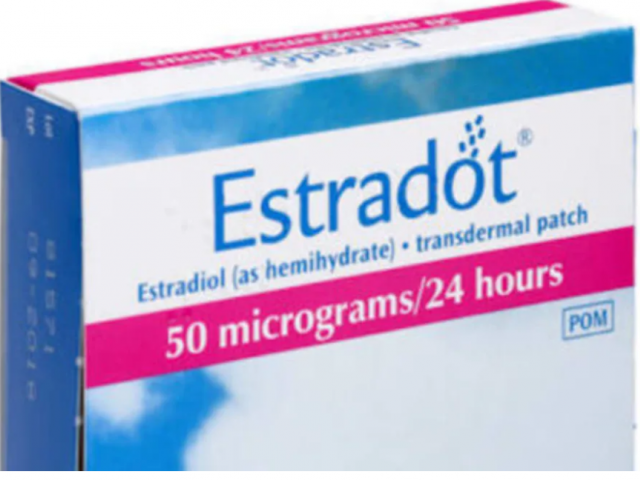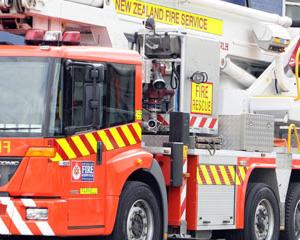
The move by the government's drug funding agency has prompted an outpouring of concern and frustration on social media, where several women say their needs are being ignored and their health and welfare compromised.
Oestrogen patches have been in short supply and this week Pharmac revealed it is changing suppliers for funded HRT patches, exclusively to Mylan from the end of next year.
This means alternatives, such as Estradot patches, that many women find more effective will no longer be subsidised.
A menopause specialist told RNZ there had been a lack of consultation.
‘‘A lot of women are angry, a lot of women are upset, anxious, and... [wished] they’d been a bit more consulted, to give their opinions and their stories.
‘‘There are some women feeling like they’ve just been left in the lurch.’’

‘‘Women are infuriated about this change. We know from the years that we’ve had shortages with these patches.
‘‘The Mylan patches just don’t have the same efficacy. They give side effects. Not everyone can tolerate them. We know we can expect the same unhappiness that’s going to happen when this comes in July.’’
Not having a funded choice was a serious backward step, as Estradot patches worked for most people and had a better side effect profile, she said.
‘‘Pharmac go and change brands all the time. Often every couple of years they find a new company and change brands for different drugs. It’s not normally a big deal.
‘‘In this case, these brands aren’t equivalent, people are noticing the difference, so this is a drug that is worth having a really good consultation around to see what women have to say about how the different brands work.’’
Ms Tibshraeny said some people did not notice the difference but others were complaining that the Mylan patches did not stick as well, and their menopause symptoms returned.
‘‘We could say that if the patch doesn’t stick as well, you’re not going to get as much absorption through your skin and it’s not going to work as well. So, women have the menopausal symptoms returned.
‘‘That’s mood changes, hot flashes, night sweats and sleep disturbance.’’
Some people had also experienced other side effects that were not related to menopause, she said.
‘‘The patches can actually make them feel worse than when they started so that’s a really big deal.
‘‘Lots of people have also had to go up in strength in the Mylan, purely to accommodate for the fact that the patch is not sticking and they’re not getting the absorption and the dose that they should.’’
If people wanted to stay on the Estradot patches without funding, she said it would cost them $30 to $40 each month, provided the company still decided to bring the product into the country.
‘‘Often with drug companies, if our government stops funding the product, they say we’re not actually going to waste our time bringing the product in at all.’’
She said currently they had no indication Estradot would stop bringing the product into New Zealand.
‘‘But that is something to also consider, because they might just say it’s a commercial decision and the market’s too small now, especially if it’s not funded, so they might not bring it in at all.’’
Ms Tibshraeny has been telling women on social media to make their voices heard. She said one way was to directly email Pharmac with concerns.
‘‘There is also petition going around which I know about, so... [women could sign] that petition we’ve got on our Instagram page.’’
She said people could also report their concerns to an adverse reaction monitoring programme called Carm.
‘‘Reporting your adverse effects that you’ve had from Mylan on the Carm website... contributes to data being able to be generated as the side effects that people are experiencing from the patches.
‘‘If people can make enough noise and bring it to their attention, they might not have been aware that this brand change is going to be significant. So just making that as prominently in front of them so that they know, I think is going to be our best bet.’’
Pharmac director of equity and engagement Dr Nicola Ngawati said the ability to provide a secure, ongoing supply of oestradiol patches was a key factor in its decision, alongside other considerations like suitability and cost.
Pharmac had consulted on the supply of oestradiol patches, along with other medicines, as part of its 2023/24 annual tender, advertised in July 2023.














